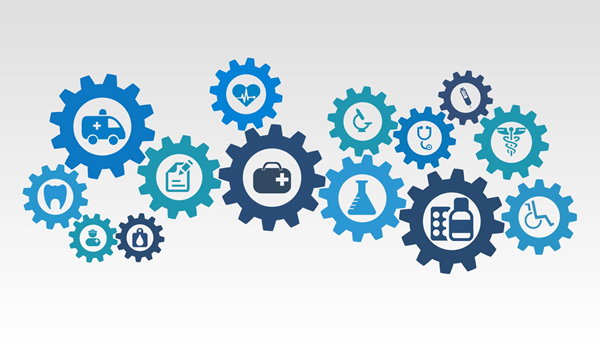The NHS provides free health care for most people.
It is important to understand that GPs are not employed by the NHS, they are self-employed, and they have to cover their costs – staff, buildings, heating, lighting, etc – in the same way as any small business. The NHS covers these costs for NHS work, but for non-NHS work the fee has to cover the doctor’s costs.
Please expect a fee for non NHS services. The staff or your doctor should inform of any charges before carrying out non NHS work.
What is covered by the NHS and what is not?
The Government’s contract with GPs covers medical services to NHS patients. In recent years, more and more organisations have been involving doctors in a whole range of non-medical work.
Sometimes the only reason that GPs are asked is because they are in a position of trust in the community, or because an insurance company or employer wants to be sure that information provided is true and accurate.
Can you give examples of non-NHS services for which GPs can charge their NHS patients:
- accident/sickness insurance certificates
- certain travel vaccinations
- private medical insurance reports
Can you give examples of non-NHS services for which GPs can charge other institutions:
- medical reports for an insurance company
- some reports for the DSS/Benefits Agency
- examinations of local authority employees
- DS 1500 Form (Disability Living/Attendance Allowance)
Is it true that the BMA sets fees for non-NHS work?
The BMA suggests fees for non-NHS work which is not covered under a GP’s NHS contract, to help GPs set their own professional fees. However, these fees are guidelines only, not recommendations, and a doctor is not obliged to charge the rates suggested.
Why does it sometimes take my GP a long time to complete my form?
Time spent completing forms and preparing reports takes the GP away from the medical care of their patients. Most GPs have a very heavy workload – the majority work up to 70 hours a week – and paperwork takes up an increasing amount of their time, so many GPs find they have to take some paperwork home at night and weekends.
I only need the doctor’s signature – what is the problem?
When a doctor signs a certificate or completes a report, it is a condition of remaining on the Medical Register that they only sign what they know to be true. In order to complete even the simplest of forms, therefore, the doctor might have to check the patient’s entire medical record. Carelessness or an inaccurate report can have serious consequences for the doctor with the General Medical Council or even the Police.
What can I do to help?
- Please check what information is required - The government has introduced access to records through the NHS APP - you can access basic medical information you may need here instantly and free of charge.
- Please provide written consent as soon possible when requested. We will not release your full confidential medical records without your expressed consent to do so, even if you have given consent to the insurance company to do so.
- Not all documents need to be signed by a doctor, for example, passport applications. You can ask another person in a position of trust to sign such documents free of charge.
- Don’t make appointments to request forms or letters. Such requests can be made to the receptionists.
- Don’t ask for reports or letters that are not required. We are advised by many organisations, for example, housing, schools and probation, that letters are not required. If these organisations do need information from your medical record, you can request a summary printout which is free of charge.
- If you have several forms requiring completion, present them all at once and ask your GP if he or she is prepared to complete them all at once as a 'job lot' and at a reduced price.
Please allow 8-10 weeks for completion before chasing– times may vary according to the form and GP workload

